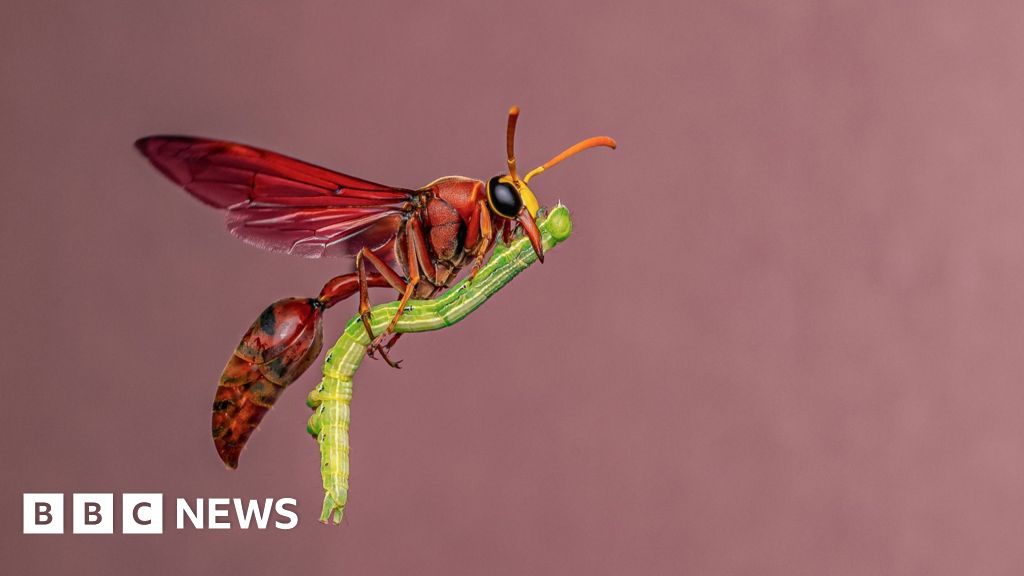Iceland's outgoing conservative government has stirred controversy by granting five-year permits for whaling, allowing the capture of 426 whales annually—209 fin whales and 217 minke whales—during the designated June to September hunting season. This decision has met with significant backlash from animal rights and environmental organizations, which argue that the permits fail to address serious welfare concerns associated with whale hunting practices.
Critics highlight that explosive harpoons used in hunting have been shown to inflict prolonged suffering on the animals, a finding that prompted a temporary suspension of whaling in Iceland earlier this year following an inquiry. Despite these issues, government officials assert that the permits provide "some predictability" for the whaling industry and adhere to established limits based on expert recommendations.
Iceland remains one of only three nations—along with Japan and Norway—permitted to hunt whales for their meat, blubber, and oil while other whale species are afforded protection. The previous five-year permits expired in 2023, and this year’s whaling season was notably shortened, concluding with only 24 fin whales being killed.
The legal framework governing such hunting is critiqued from multiple perspectives, with animal welfare groups emphasizing the ethical implications, while proponents of whaling argue for its cultural and economic significance. Sharon Livermore, a director at the International Fund for Animal Welfare, expressed her concerns that influential whalers still hold sway in governmental decisions, even amid a transitional political landscape.
The new permits have been backed by the ruling Independence Party, recently displaced by the centre-left Social Democratic Alliance in snap elections. In justification for the quotas, the government stated that the limits are informed by the Norwegian Fisheries Agency's sustainable fishing guidelines. Nonetheless, the debate over whaling in Iceland remains a contentious issue, pitting cultural practices against the ethics of conservation and animal rights.





















